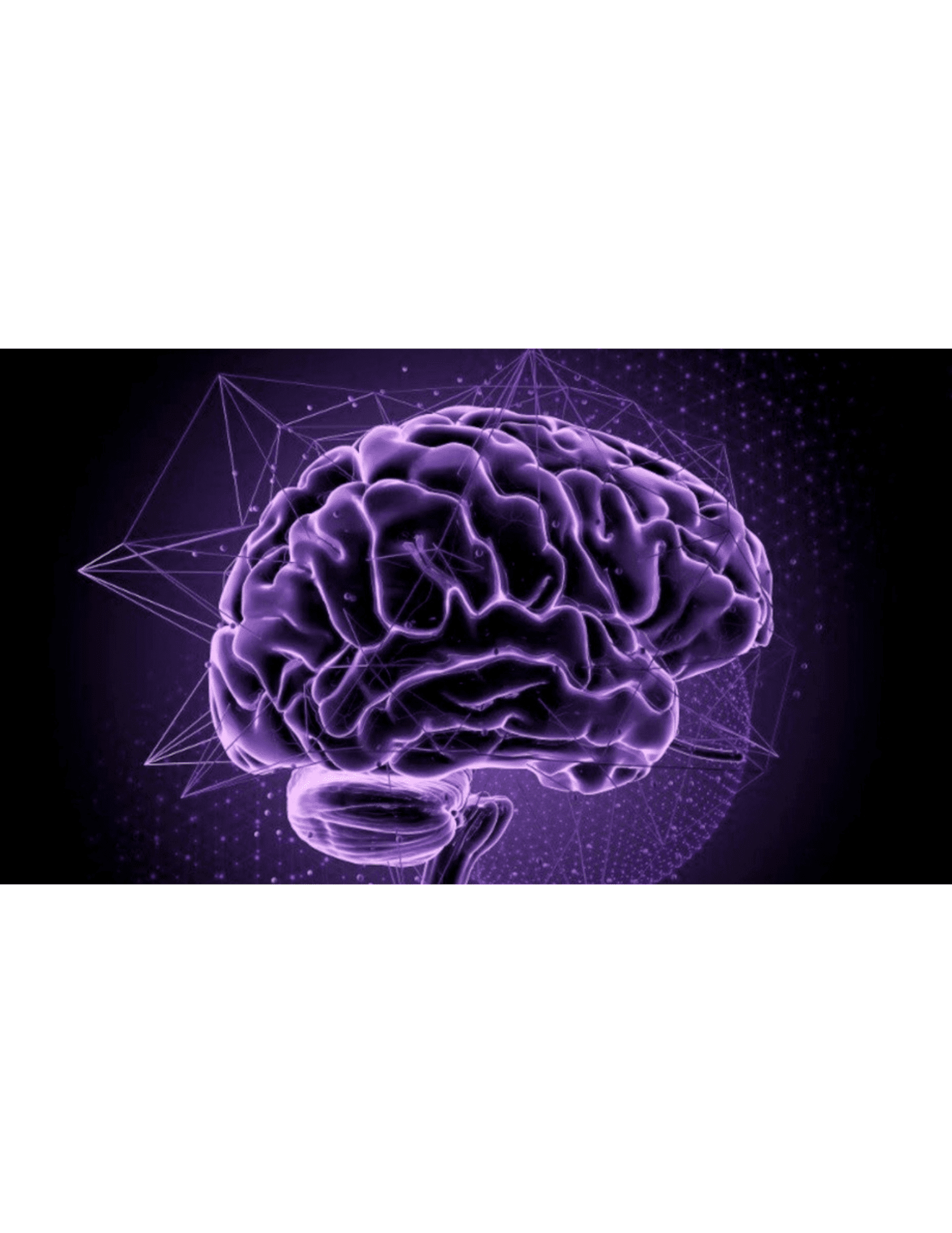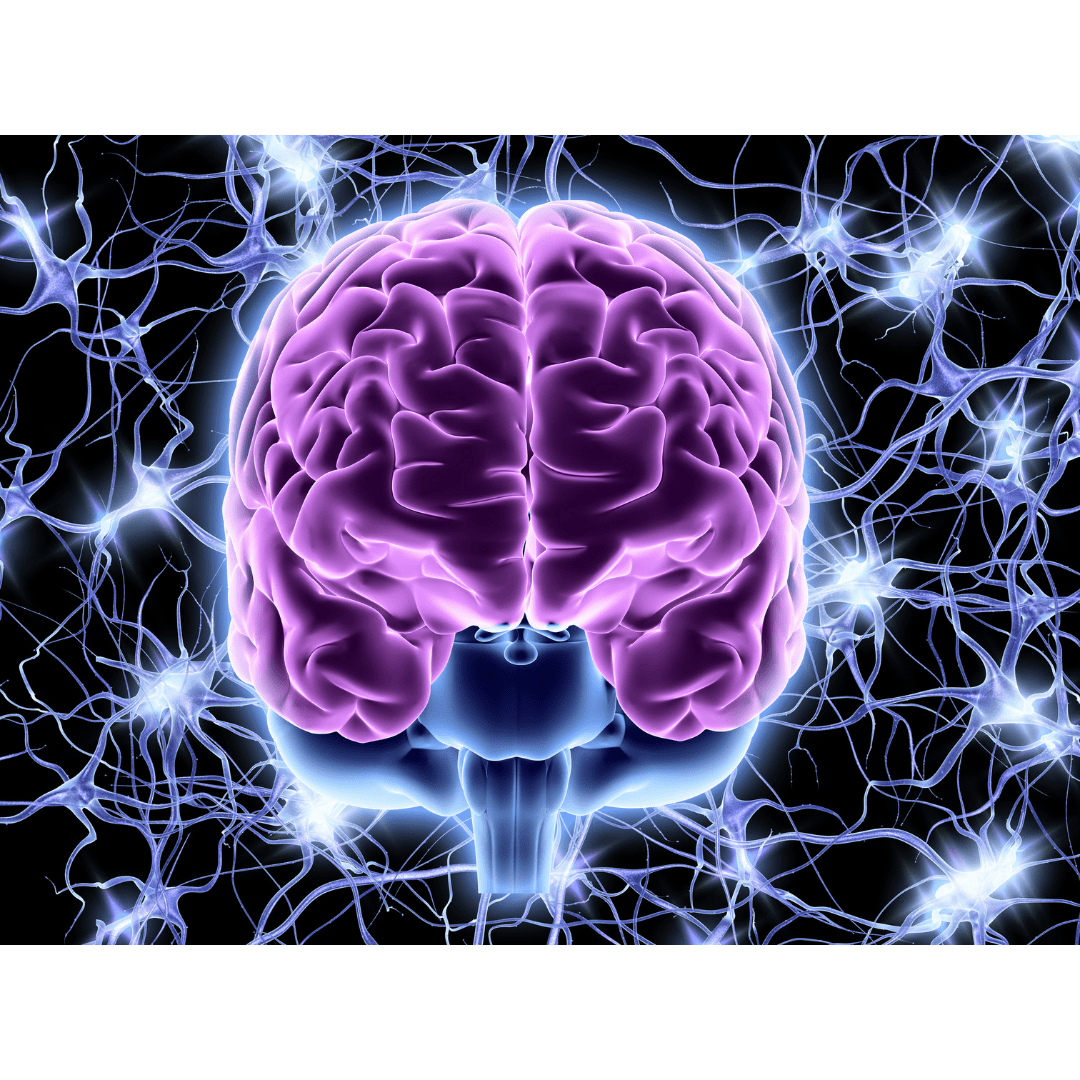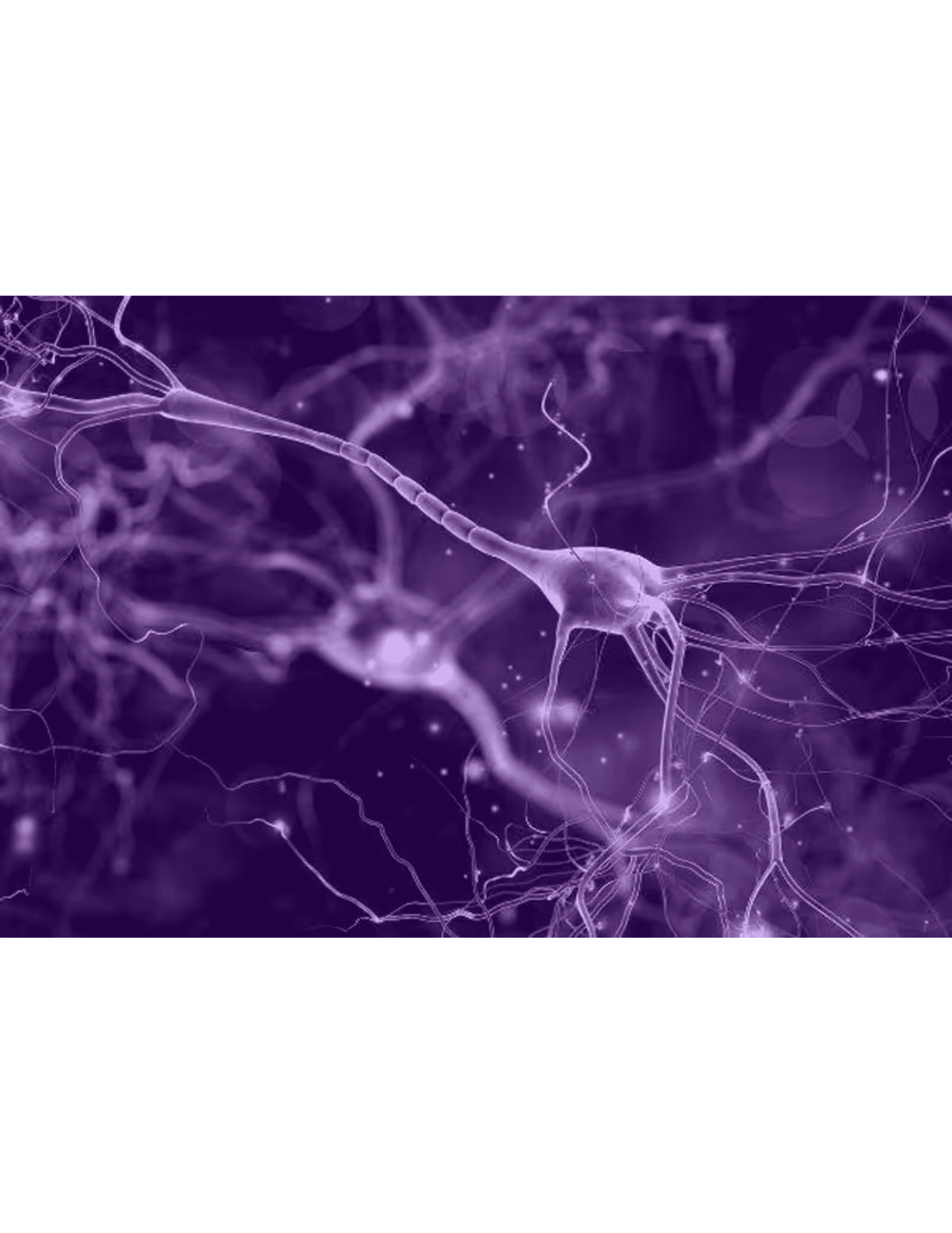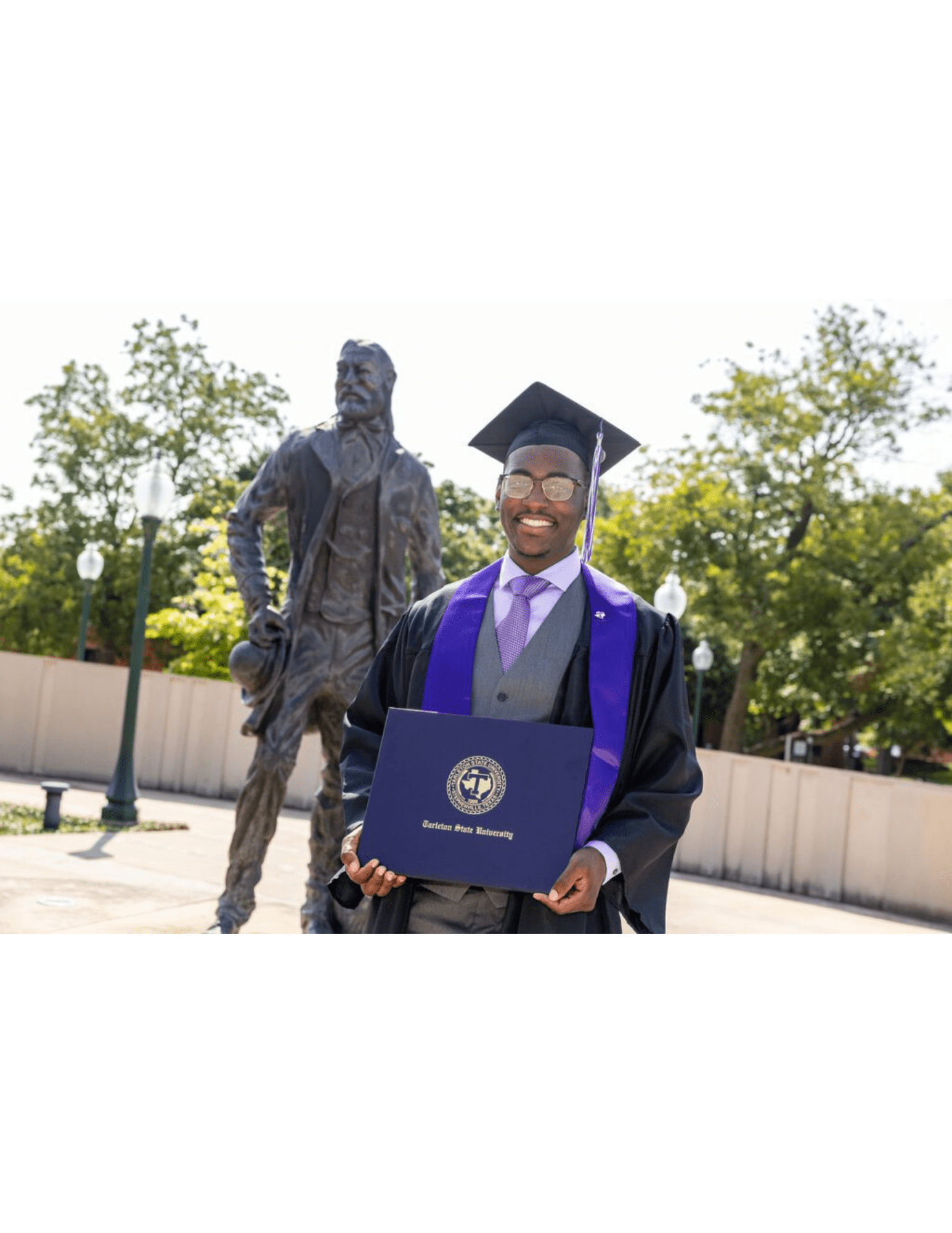
Join the Neuroscience Club!
Dive into the latest breakthroughs and cutting-edge research in the field of neuroscience. From understanding the neural basis of consciousness to exploring the impact of neuroplasticity, we cover it all! Share your insights, exchange ideas, and spark intellectual discussions that deepen your understanding of the mind. Whether you’re a seasoned neuroscientist or just starting your journey into the world of brain science, our club offers a range of learning and service opportunities.

Neuroscience Minor
Our Neuroscience minor provides a robust introduction to the principles and practices of neuroscience, making it an excellent addition for students majoring in biology, psychology, computer science, engineering, and other related fields. Gain interdisciplinary insights and enhance your understanding of how the brain influences behavior, cognition, and overall health. This curriculum takes an interdisciplinary approach, integrating biology, animal science, psychology, chemistry, physics, and computational science to provide a holistic understanding of the nervous system.

Welcome to the Department of Neuroscience
Welcome to the Department of Neuroscience’s official page! This department advocates for the understanding of the nervous system by providing students with the skills, knowledge, and opportunities to analyze and contribute to the diverse scientific and research programs in our field.

B.S. in Neuroscience
Our Neuroscience major offers a foundational understanding of how the nervous system functions by examining the interactions at the molecular, cellular, and systems levels. Our esteemed faculty members also deliver advanced courses in specialized fields such as neuropharmacology, neuromechanics, functional neuroanatomy, and behavioral neuroscience.

Join the Neuroscience Club!
Dive into the latest breakthroughs and cutting-edge research in the field of neuroscience. From understanding the neural basis of consciousness to exploring the impact of neuroplasticity, we cover it all! Share your insights, exchange ideas, and spark intellectual discussions that deepen your understanding of the mind. Whether you’re a seasoned neuroscientist or just starting your journey into the world of brain science, our club offers a range of learning and service opportunities.

Neuroscience Minor
Our Neuroscience minor provides a robust introduction to the principles and practices of neuroscience, making it an excellent addition for students majoring in biology, psychology, computer science, engineering, and other related fields. Gain interdisciplinary insights and enhance your understanding of how the brain influences behavior, cognition, and overall health. This curriculum takes an interdisciplinary approach, integrating biology, animal science, psychology, chemistry, physics, and computational science to provide a holistic understanding of the nervous system.

Welcome to the Department of Neuroscience
Welcome to the Department of Neuroscience’s official page! This department advocates for the understanding of the nervous system by providing students with the skills, knowledge, and opportunities to analyze and contribute to the diverse scientific and research programs in our field.

B.S. in Neuroscience
Our Neuroscience major offers a foundational understanding of how the nervous system functions by examining the interactions at the molecular, cellular, and systems levels. Our esteemed faculty members also deliver advanced courses in specialized fields such as neuropharmacology, neuromechanics, functional neuroanatomy, and behavioral neuroscience.
Why choose Us
Features
About Us
The Department of Neuroscience offers a wide variety of courses and learning opportunities to prepare students for numerous career paths. Advanced courses typically have small class sizes, allowing for personalized attention. In the labs, students gain practical experience with imaging techniques and equipment used globally by neuroscientists.
Both faculty and students engage in diverse fields such as biology, chemistry, physics, psychology, and computer science. Faculty members involved in research also mentor undergraduate and graduate students who are eager to participate in scientific discovery.
- Expand your understanding of neurobiology through a varied curriculum
- Make discoveries in hands-on laboratory classes
- Collaborate with faculty on research projects
- Write and receive funding for research grants
- Present your research at conferences
- Work as a teaching or research assistant, or as a tutor